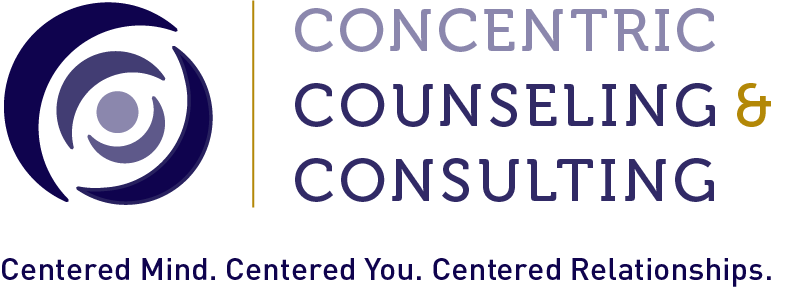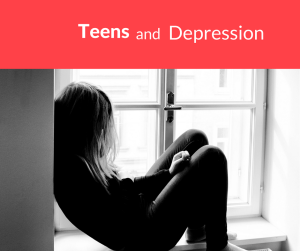Asking for Help - Not Waving but Drowning
/By Concentric Counselor Christian Younginer, LPC, NCC
Not Waving but Drowning
By STEVIE SMITH
Nobody heard him, the dead man,
But still he lay moaning:
I was much further out than you thought
And not waving but drowning.
Poor chap, he always loved larking
And now he’s dead
It must have been too cold for him his heart gave way,
They said.
Oh, no no no, it was too cold always
(Still the dead one lay moaning)
I was much too far out all my life
And not waving but drowning.
I believe this poem verbalizes well a common societal pressure. That is, the need to be happy externally, even if drowning internally. As we go through our day, met with multiple “How’s it going?”, we invariably are trained to answer “fine” or “great”, without the slightest thought. The question we’re left with is: how would anyone know I’m drowning, when I always give them a friendly wave?
Asking for help can be deceptively difficult. Frequently I hear from clients that asking for help shows weakness, or is shameful, or too vulnerable. So, we strengthen our resolve, buckle down, and soldier on at the expense of our wellness and happiness. We become run down, exhausted, and deflated. Imagine a balloon trying to remain the same size, while its air slowly leaks. We receive messages from our families of origin, our employers, and consumer culture that tell us to harden. But the harder we get, the more brittle we become. Rather than naming our need for help, we’re now drowning with work, emotions, schedules, and isolation.
Ultimately, this issue of asking for help comes down to a person’s struggle with taking care of themselves. Wellness, self-care, asking for help, boundary setting, etc all live in the same neighborhood: taking care of the self. A former supervisor of mine offered this metaphor:
You board an airplane, take your seat, and the flight attendant begins the safety protocols speech. They get to the section on the oxygen mask. They say, ‘please secure your own mask before attempting to assist anyone else.”
Why is that? Well, you can’t help anyone if you’re dead. The same concept applies here, albeit with less grim consequences. How can we expect to function, let alone help others, when we run ourselves ragged?
To return to the topic at hand, one way of taking care of the self is asking for help. Seeking therapy is a form of this. I often name the courage it takes for a client to find a therapist. As we know, it’s hard to find help for ourselves- especially for our mental health. As if the unfortunate stigma isn’t enough, busy schedules and work demands can get in the way. If therapy is two steps too far for you, there are smaller ways to open ourselves to the help of others.
We don’t have to instantly open up and adopt this idea. Rather we can take smaller steps that feel safer. For example, if we have created a default answer of “fine” when asked “how are you?” by random people, then that may have filtered into closer relationships. Those relationships where it may feel safer saying “Actually, I’m struggling.” So, what if we remove the automatic ‘fine’ from our vocabulary? Rather, when asked by a close friend or family member, “how are you?”, we take that question for what it is: an out-stretched hand to a drowning person.
I think it is unfair to view this poem as an indictment of those who misread the author’s anguish. Rather, I believe it is a call to stop waving when we’re drowning. To let those looking out for our safety, save us. Only from this place of moaning, cold death does the author finally feel safe saying she was much too far out all of her life. If only we, the onlookers, knew this we could’ve helped.
It is ok to feel you’re too far out. It is ok to feel like you’re drowning. There are those who want to help us, but only if we let them. When we don’t ask for help, we deny our friends and family the gift of being able to help someone they love.








